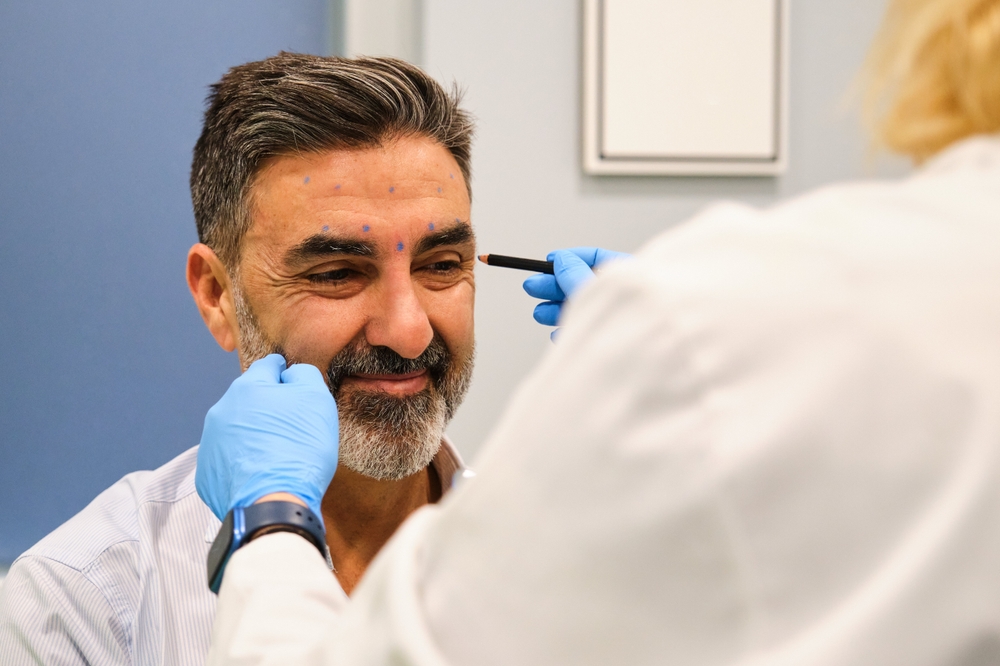It might seem basic—almost too basic—but growing research and real-life results show that the way you breathe has a powerful influence on how clearly you think.
If you’ve ever struggled with focus, brain fog, or racing thoughts, you’re not alone. Many of our patients come to IFFH searching for the root cause of their mental fatigue. And often, one of the most overlooked factors is also one of the most fundamental: your breath.
Mental Clarity Starts in the Nervous System
When we talk about mental clarity, we’re talking about more than just “thinking straight.” We mean the ability to stay calm, focused, and alert without feeling overwhelmed or scattered.
This doesn’t just happen in your brain—it starts in your nervous system. And breathing is one of the most direct ways to influence that system.
Every time you take a breath, you’re signaling to your body whether it’s safe to rest or whether it needs to gear up for danger. Shallow, fast breathing activates your fight-or-flight response. Slow, intentional breathing activates your rest-and-digest state. One leads to anxiety and tension; the other makes space for focus and calm.
The Link Between Poor Breathing and Brain Fog
You may not realize it, but many people live in a constant state of chronic shallow breathing. Whether it’s due to stress, posture, or habit, this pattern keeps the body in low-grade alert mode.
Symptoms of poor breathing habits may include:
- Mental fog or confusion
- Difficulty focusing
- Anxiety or racing thoughts
- Fatigue despite adequate sleep
- Tension in the neck, shoulders, or jaw
At IFFH, we look at the full picture—including lifestyle, stress patterns, and how your body responds under pressure. Because sometimes, regaining mental clarity doesn’t require a supplement. Sometimes, it starts with something you’re already doing 20,000 times a day.
How Better Breathing Improves Mental Clarity
Oxygen and the Brain
The brain is a high-demand organ. It consumes about 20% of your body’s oxygen. When breathing is inefficient, less oxygen makes it to your brain—and that can impair decision-making, memory, and attention.
Nervous System Reset
Practicing better breathing can shift your body from a reactive state into a balanced one. This helps stabilize emotions, reduce mental clutter, and support clarity.
Increased Awareness and Presence
Slow, conscious breathing grounds you in the moment. It helps you pause, which is crucial when you’re juggling multiple responsibilities or trying to stay productive throughout the day.
Actionable Ways to Breathe Better, Think Better
Improving your breathing doesn’t require a total lifestyle overhaul. Just a few small shifts—done consistently—can make a big difference.
Try This: The 4-7-8 Technique
- Inhale for 4 seconds
- Hold for 7 seconds
- Exhale slowly for 8 seconds
- Repeat for 4–8 rounds, twice a day
Practice Diaphragmatic (Belly) Breathing
Place one hand on your chest and one on your belly. Try to keep the top hand still while the bottom hand rises and falls with each breath. This encourages deeper oxygenation and reduces unnecessary tension.
Breathe Through Your Nose
Nasal breathing filters, warms, and regulates airflow more effectively than mouth breathing. It also activates calming brain pathways that help restore mental clarity over time.
At IFFH, We Treat the Whole You—Breath Included
When patients come in reporting low energy, poor focus, or stress, we look at everything—from lab results to lifestyle patterns. We know that mental clarity is often the result of small, cumulative habits working in harmony.
That’s why we integrate:
- Functional diagnostics
- Stress and nervous system support
- Nutritional and hormonal balance
- Fitness and recovery services
- Breathing and mindfulness education
Because health isn’t just about fixing what’s broken—it’s about building what works.
Let’s Get You Breathing (and Thinking) Better
If you feel like you’re mentally “running on fumes,” don’t ignore it. That fog, that forgetfulness, that inability to focus—it’s a signal. Not a failure.
At IFFH, we help you decode that signal and create a plan that restores the clarity you’ve been missing. Sometimes the most powerful medicine isn’t a prescription—it’s a breath you take on purpose.Reach out today and take the first step into your better health!












